On Thursday, June 2, the human rights activist Arash Sadeghi reported that a man convicted of theft in Iran been subjected to the medieval punishment of amputation. The previous Tuesday, he said, the man was transferred from Kermanshah to Ward 7 of Evin Prison, a guillotine was brought in, and the four fingers of one of his hands were sliced off. Three more men, he said, had been transferred from Urmia to Greater Tehran Penitentiary and are now awaiting the same fate.
Last December Amnesty International warned that six men were at “imminent risk” of amputation following “unfair trials and torture”. Sadeghi did not name the first man but it is thought he might be Kasra Karami, a Kurdish native of Kermanshah sentenced to 15 years in prison in 2015 for a string of burglaries.
The others named last year were Hadi Rostami, Mehdi Sharfian, Mehdi Shahivand, Shahab Teymouri Ayeneh and Mehrdad Teimouri Ayeneh. Arash Sadeghi tweeted that Hadi Rostami, Mehdi Sharfian and Mehdi Shahivand were the other three recently brought to Tehran.
According to court documents Rostami was able to obtain and publish, Hadi Rostami had resorted to stealing because his son had an incurable disease. He reportedly attempted suicide twice in prison but was nonetheless subjected to 60 lashes.
Amputation of limbs as punishment is construed as a form of torture and thus a crime under international law. In September 2020, the World Medical Association (WMA) condemned the Iranian judiciary’s continued use of the barbaric practice, writing: “Amputation constitutes a grave, cruel, inhuman and degrading punishment that the WMA condemns strongly as a patent violation of international human rights law.”
Dr. Nezamoddin Misaghi, an anaesthetist based in Virginia, told IranWire this type of punishment was also not allowed from the standpoint of medical ethics either. “On graduating, all physicians take the Hippocratic Oath, which has four principles. The first declares that the physician shall do no harm to any human being; the second part is to do good for humanity, to do that will benefit their patients and others.”
Doctors, Misaghi adds, must also refrain from doing anything the patient does not consent to. The use of the guillotine in the prison clinic, and the involvement of medical professionals in the execution of the sentence, is “totally contrary to the principles, unethical, and inhumane.”
Dr. Hassan Nayeb Hashem, a human rights activist now based in Austria, agreed: doctors who oversee the procedure in Evin will be complicit in torture. “A person’s body belongs solely to them and is inviolable. It’s only in the Islamic Republic that the judiciary sees amputation not only as a medical exigency but as a punishment. Even other countries that base their laws on Islamic jurisprudence don’t do this. The Islamic Republic has written the cutting-off of appendages and blinding into law.”
In March 2015, a convicted acid attacker from Qom was blinded in his left eye after being sentenced to “retribution-in-kind” (qisas). The original incident took place in 2009 but the punishment was postponed because, judiciary officials reported at the time, they had struggled to find a doctor who would cooperate.








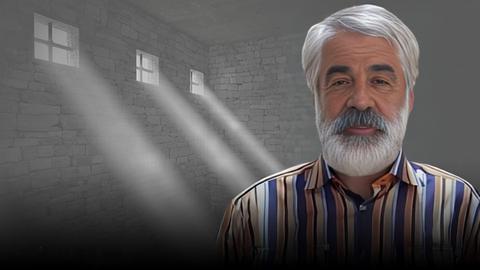


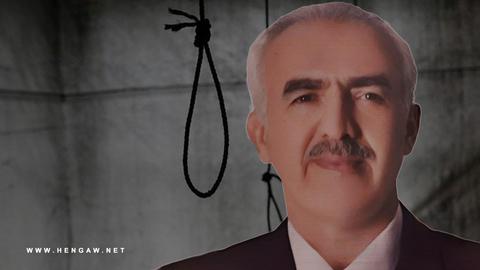
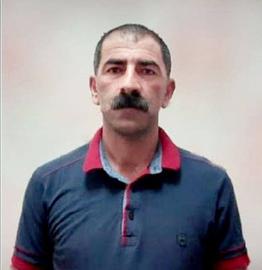


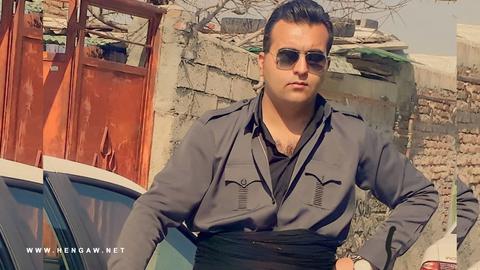

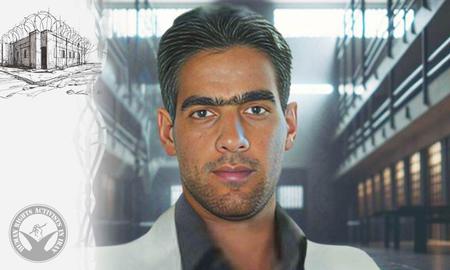



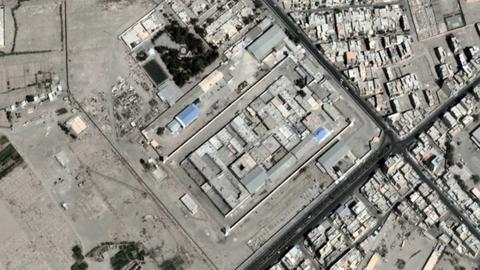
comments